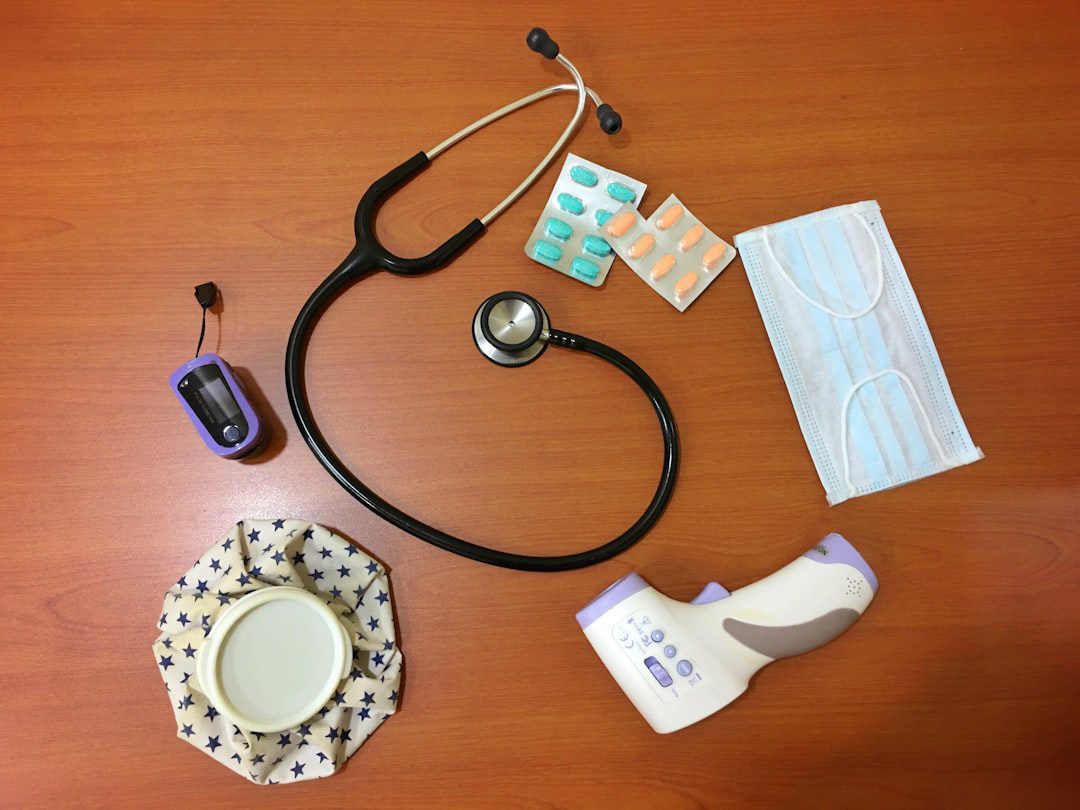
FDA Issues Updated Alert on Baxter Healthcare Solution Set Defects
The FDA has issued an updated alert regarding solution set issues from Baxter Healthcare Corporation, marking a significant development in the agency’s Communications Pilot to Enhance the Medical Device Recall Program. This update demonstrates the FDA’s evolving approach to recall communications and highlights critical quality control considerations for medical device manufacturers across the industry.
Understanding the Solution Set Issue
Solution sets are critical components in medical fluid delivery systems, used extensively in hospitals and healthcare facilities for IV therapy, dialysis, and other medical applications. When these devices fail, the consequences can be severe, potentially leading to:
- Interrupted patient treatment
- Risk of contamination or infection
- Dosing inaccuracies
- Equipment malfunction
While specific details of Baxter’s solution set defects are contained in the FDA’s original alert, this update serves as part of the agency’s pilot program to improve recall communication effectiveness and manufacturer response protocols.
The FDA’s Communications Pilot Program: What Manufacturers Need to Know
This recall update is particularly significant because it represents the FDA’s initiative to enhance the medical device recall program through improved communication strategies. The pilot program aims to:
- Provide clearer, more actionable recall information
- Improve manufacturer compliance with recall requirements
- Enhance healthcare provider and patient safety outcomes
- Streamline communication between FDA, manufacturers, and healthcare facilities
For medical device manufacturers, this signals a shift toward more rigorous communication expectations and potentially more frequent follow-up communications during recall events.
Quality Control Implications for Solution Set Manufacturers
Solution sets present unique manufacturing challenges that require robust quality management systems. Key areas of focus should include:
Material Integrity and Compatibility
Manufacturers must ensure that all materials used in solution sets are biocompatible and maintain their integrity throughout the product lifecycle. This includes rigorous testing of:
- Tubing materials for flexibility and durability
- Connection points for secure fitting
- Filter components for proper filtration capacity
- Packaging materials for sterility maintenance
Sterilization Process Validation
Given the critical nature of sterile fluid delivery, manufacturers must implement and validate sterilization processes that meet FDA requirements while maintaining product functionality.
Compliance Actions for Medical Device Manufacturers
In light of this FDA update and the broader implications of the communications pilot program, manufacturers should take the following proactive steps:
Review Current Recall Procedures
Ensure your recall procedures align with the FDA’s enhanced communication expectations. This includes:
- Developing clear communication templates for different stakeholder groups
- Establishing rapid response protocols for recall updates
- Training teams on new FDA communication requirements
Strengthen Quality Management Systems
Implement robust quality controls that can prevent the types of issues that lead to recalls:
- Enhanced incoming material inspection protocols
- Improved process validation and monitoring
- Comprehensive finished product testing
- Regular supplier audits and qualification programs
Enhance Post-Market Surveillance
Develop proactive monitoring systems to identify potential issues before they escalate to recall situations:
- Customer complaint trending analysis
- Regular field performance monitoring
- Proactive communication with healthcare providers
- Robust adverse event reporting systems
Regulatory Compliance Recommendations
To maintain compliance in this evolving regulatory landscape, medical device manufacturers should:
- Stay informed: Monitor FDA communications and guidance updates regularly
- Update procedures: Revise recall and communication procedures to align with new FDA expectations
- Train personnel: Ensure regulatory affairs and quality teams understand the enhanced communication requirements
- Document everything: Maintain comprehensive records of quality control measures and communication protocols
Looking Forward
The FDA’s Communications Pilot program represents a significant evolution in recall management expectations. As this pilot continues to develop, manufacturers can expect more frequent updates, clearer communication requirements, and potentially new compliance obligations.
By proactively addressing quality control measures and communication protocols now, medical device manufacturers can better position themselves to respond effectively to potential recall situations and maintain compliance with evolving FDA expectations.


No comments yet. Be the first to comment!